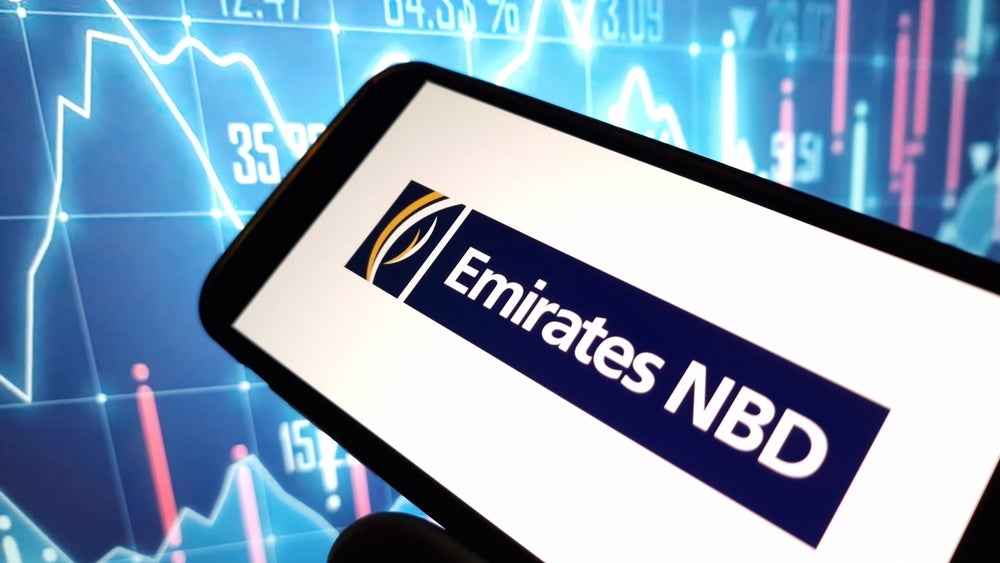BTG Pactual only completed the acquisition of Swiss private bank BSI in September 2015. However, by end-November BTG was looking for buyers for BSI, and has confirmed its sale to EFG International. BSI and EFG are due to merge, with BTG still owning 20% stake in the unified business. Steve Jacobs, managing partner at BTG Pactual, tells PBI why these are interesting times for the Brazilian bank
In September 2015, Brazilian investment bank BTG Pactual completed the acquisition of Swiss private bank BSI, with the intention of growing its reach in Switzerland’s private banking and wealth management market. The deal was initially signed in July 2014 for CHF1.5bn ($1.7bn) after Italian insurer Generali’s long running attempt to sell BSI.
BTG’s plan was to buy into an already established private banking franchise in Switzerland and maintain the BSI brand, being the oldest bank in the Swiss canton of Ticino.
However, a lot has changed at BTG since. In November, CEO and chairman of BTG Pactual, Andre Esteves, resigned following his detention in relation to the Petrobras corruption scandal. Shortly after, BSI was up for sale.
"When something like that happens to your CEO and chairman, it knocks the organisation. BTG moved from being growth focused to stabilising the franchise in late November. As part of that stabilisation, we quickly concluded that we, as a 100% shareholder of BSI, could no longer support a growth strategy.
"We needed to consolidate our business not spend money on developing the franchise. That’s when we sought a partner to take the business forward," Steve Jacobs, managing partner at BTG Pactual, tells PBI.
Zurich-headquartered EFG International has now agreed to acquire BSI from BTG in a cash and shares transaction valued at CHF1.33bn. The combined BSI and EFG business will create one of the largest private banks in Switzerland, with CHF170bn in assets under management (AuM) and 860 relationship managers globally. BTG will still own 20% stake in the unified business.
"There s a bit of luck and a bit of planning in what we managed to do. Rather than sell the business in its entirety, we worked with EFG and created this merger – the combination of two similar businesses in terms of size but different in terms of geographical coverage. We also managed to retain a stake in the combined business.
"Thus we could reduce our exposure, but, at the same time, in a merged entity, which we think has all the growth characteristics that were behind the original investment in BSI with the added attributes of being bigger and more stable," says Jacobs.
Jacobs calls this move from ownership of a business with $80bn in AuM (BSI) to having a 20% stake in a $170bn AuM business "a step change but a step up".
According to Jacobs, even though EFG was not the highest bidder, a combination of reasons swung the deal in its favour.
"Firstly, we discovered that the businesses are complimentary – EFG has no operations in Ticino, not a lot in Switzerland as a whole, and nothing in Italy. Where they do have businesses internationally we tend not to and vice versa. It was a surprisingly good jigsaw puzzle to put together geographically. Secondly, we are impressed with the management team at EFG. This is about execution, and we think combined we have a high chance of creating successful synergies.
"Thirdly, it was important for us as a shareholder to find a solution that kept the BSI brand in its home market and preserved employment in Ticino. EFG has no presence in Ticino – this is not a huge cost reducing operation for EFG so they’ll keep the bankers," he informs.
Jacobs says he was not surprised at the number of bidders that came forward for BSI. "The reason is obvious. There is a lot of consolidation needed in the private banking market. Rarely does a high quality franchise like BSI, of the size it is, come up as an acquisition opportunity, which is why we were so interested in it two years ago."
There is positivity around this change in step BTG has undertaken. "We’re excited about being part of creating a Swiss-based, global, pure play private bank and there are not many of them. From an investor, ownership and recruiting new talent point of view, we think it’s extremely attractive," he says. Jacobs also stresses that BTG’s plans regarding Switzerland’s wealth market have strengthened through this merger. "We have the ability to develop the Swiss market as one of the key international markets, and we’ll have presence with additional offices in Geneva, Zurich and Lugano," he adds.
However, it evidently has not been an all-exciting time for BTG. By January 2016, BTG, reportedly, axed approximately 18% of its 1,653 workforce in Brazil as part of its strategy to slash costs.
Jacobs expounds: "We have done some headcount reduction and we need to do a bit more. We refocused our strategy, which is streamlining the businesses. We are strong in Brazil and Latin America, and our strategy is to remain one of the top investment banks, asset managers and private banks.
"Internationally, we want to be able to offer some high class investment products for our asset management business. We wanted to keep 20% stake in the BSI-EFG merger as strategically that’s a great investment. We have a global commodities business and we think it will go from strength to strength so we are, in fact, growing that.
"We have stabilised our franchise now and are making sure we’re the right size as well as executing our strategy," he says.
BTG will "scale back a lot", though, on certain non-financial style investments in its portfolio. "We have hospital chains and car park companies and such, mainly in Latin America but also in Europe, which are good but illiquid investments. We have worked in the last three months to see if we can sell those investments – find relevant buyers with good assets. That improves our cash position.
"Our strategy is to focus on what we’re good at, which comes back to investment banking, asset management, and wealth management.
BTG never did have any AuM growth targets year-on-year "because then you take in assets for the sake of it", and the lender would rather deliver top performance than have the largest business. However, the streamlined operations strategy has not changed BTG’s return on business targets. "We still have a 20% return on equities objective in total, and we’ll continue to do so," adds Jacobs.






